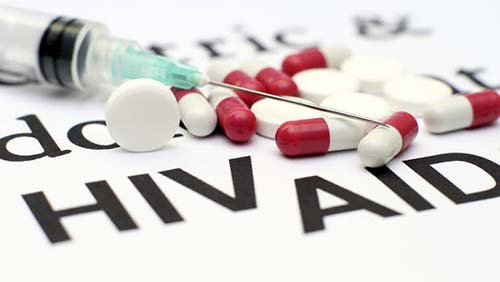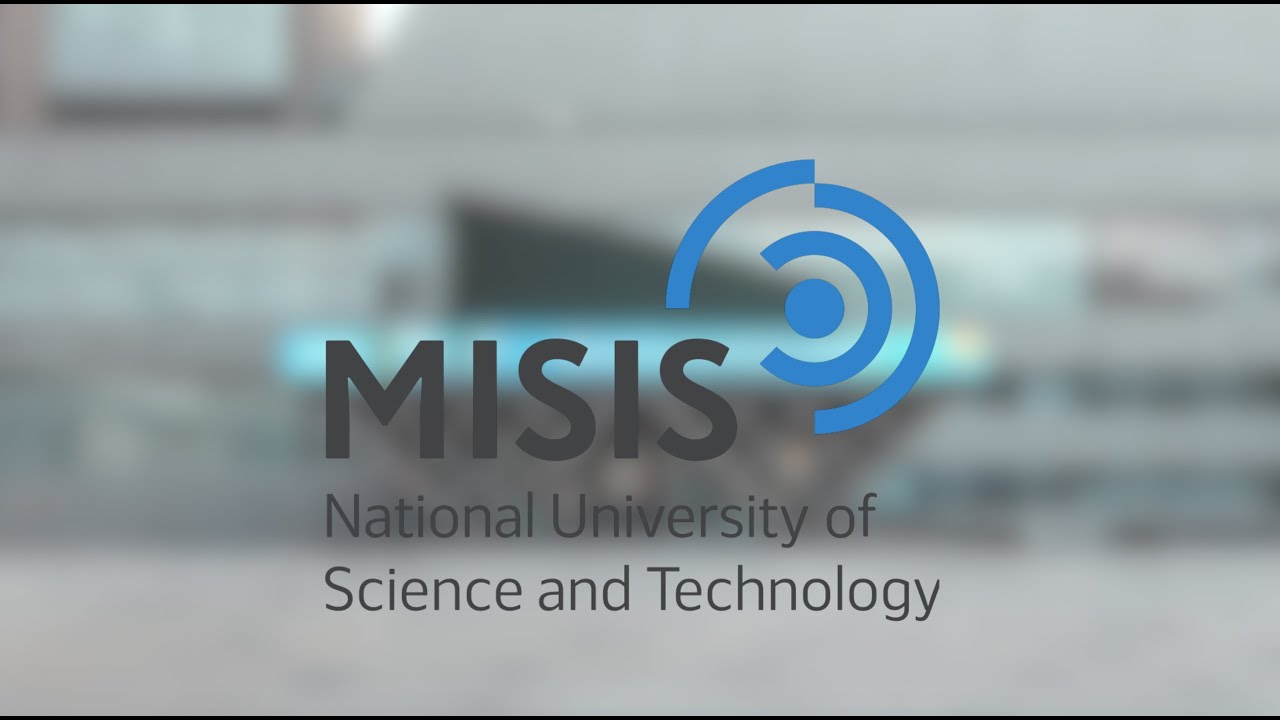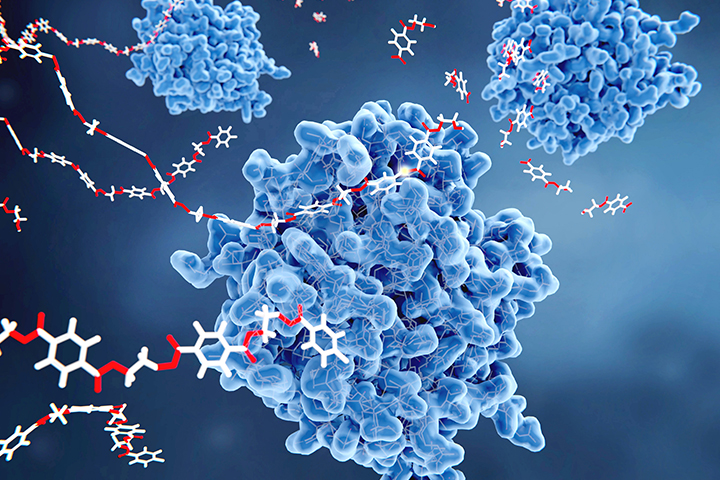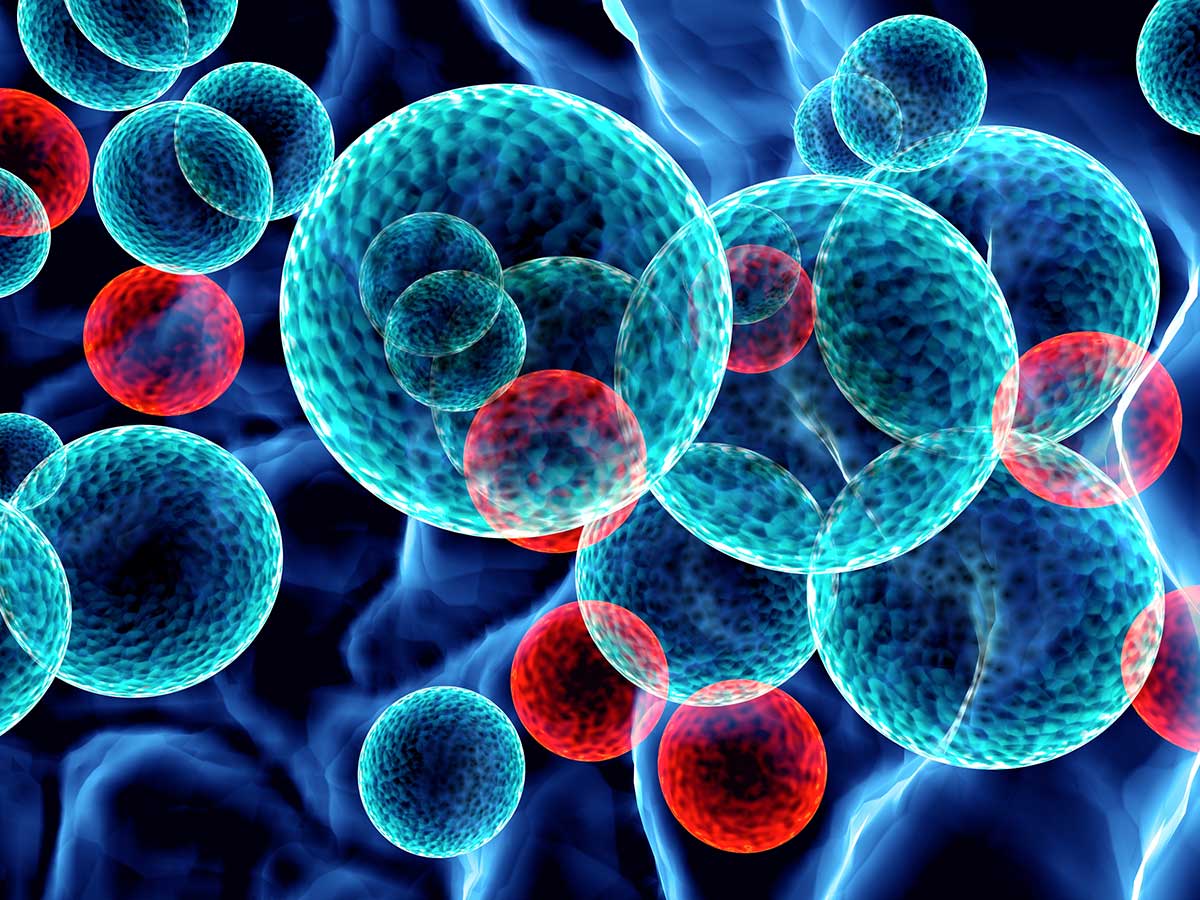The utilization of nanotechnology in medication may fundamentally improve drug treatments for HIV patients, scientists at the University of Liverpool propose in an examination.
Nanotechnology is the control of issue on an atomic, molecular, and supramolecular scale, and can be applied in the medical field as nanomedicine. The examination’s creators state this developing order can possibly essentially enhance HIV treatment.
“The fruits of our interdisciplinary research are beginning to be realized,” researcher Andrew Owen said in a press release. “Our approach has the potential to overcome challenges with current antiretroviral therapy, which include administration of high doses needed to achieve efficacious concentrations in the body, and the urgent need for better formulations for children living with HIV.”
Amid the examination, investigators concentrated on the improvement of new oral treatments including the Solid Drug Nanoparticle technology. The methodology is intended to improve medicate absorption into the body, lessening the dose and the expense of the operation. They were additionally ready to build up a novel water dispersible nanotherapy, which would evacuate the utilization of alcohol in pediatric medicine. The discoveries were distributed in the journal Nature Communications.
“The wide applicability of our strategy has implications for multiple therapy development programs and we are actively engaged in the creation of nanomedicine options to impact a range of clinical needs,” professor Steve Rannard included.
Analysts found that HIV patient groups have a strong ability to change to nanomedicine if advantages can be appeared.




